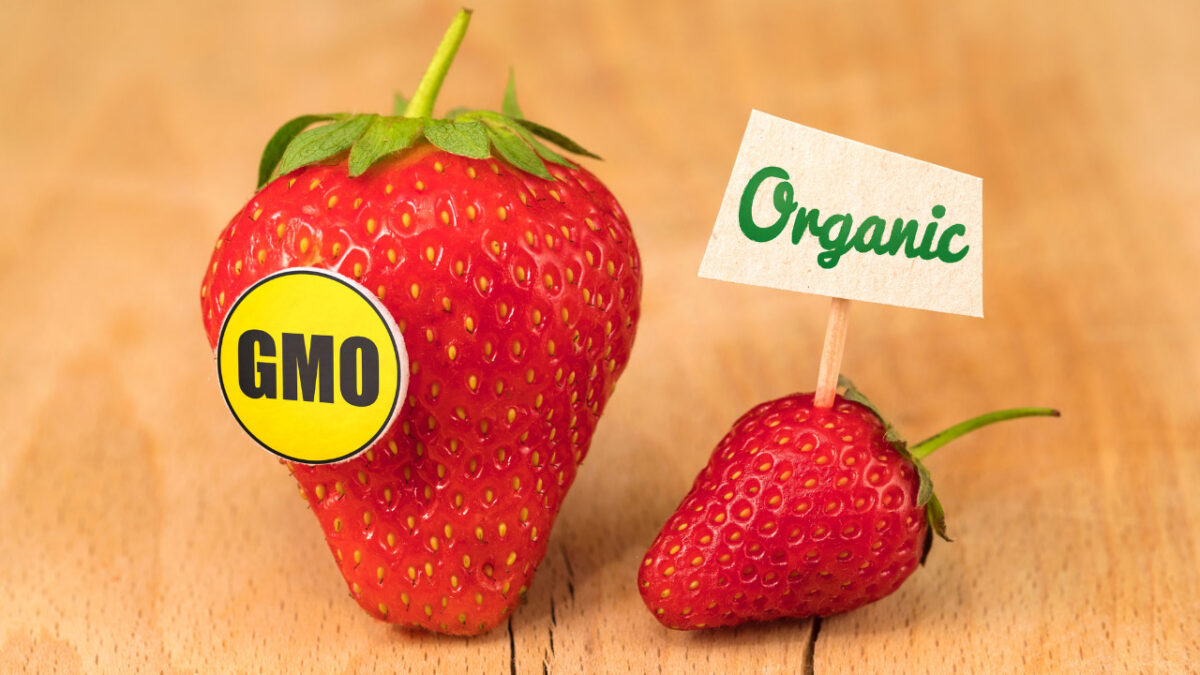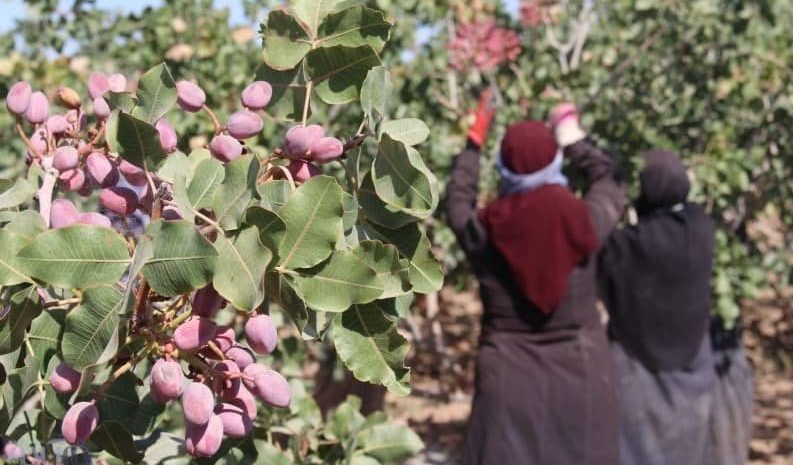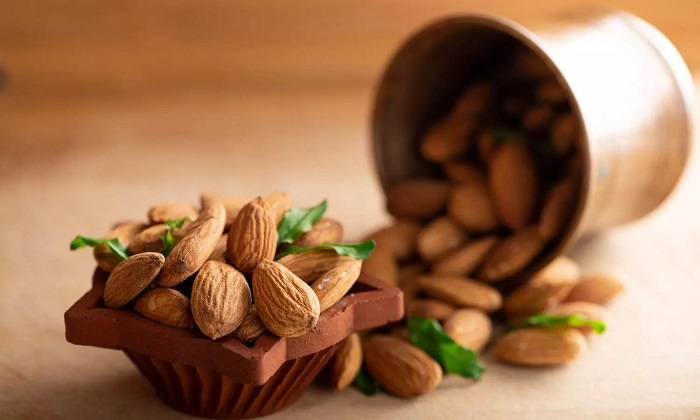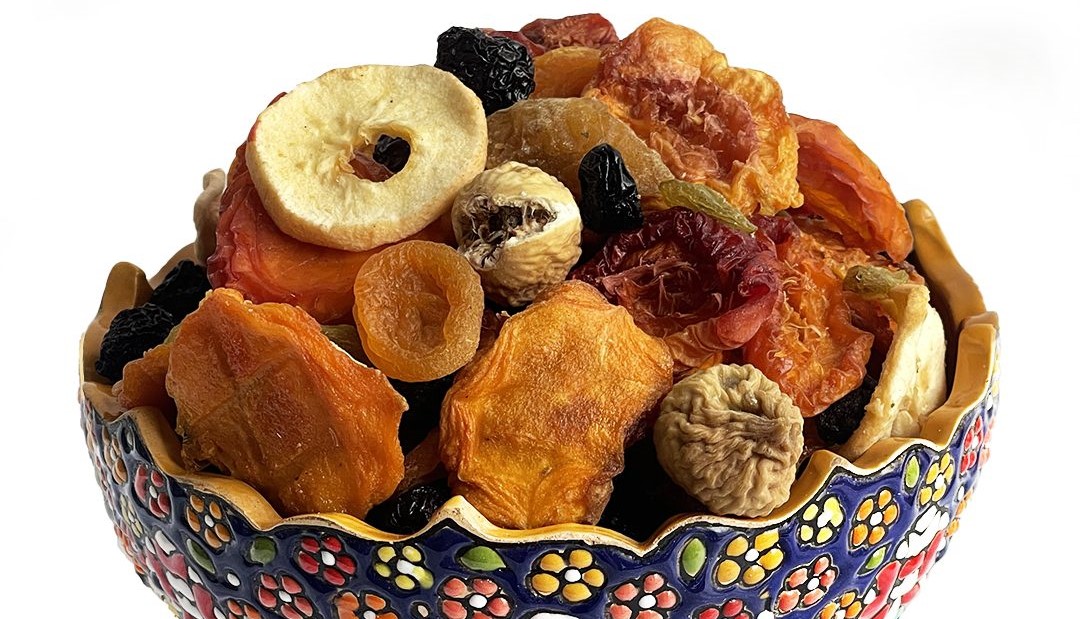
Exporting Iranian Dried Fruits to the World

Traditional Iranian Dishes with Nuts
When shopping for dried fruits, you’re likely to come across both organic and non-organic options. While both offer a variety of health benefits, there are important differences between the two, including the farming methods used, the presence of chemicals, and potential impacts on both health and the environment. So, which one is better—organic or non-organic dried fruits? Let’s explore the key factors to help you make an informed decision.
1. Understanding Organic vs. Non-Organic Dried Fruits
Organic Dried Fruits:
Organic dried fruits are grown and processed according to specific agricultural standards that prohibit the use of synthetic pesticides, herbicides, and genetically modified organisms (GMOs). Organic farming also emphasizes sustainability and environmental responsibility, often employing natural fertilizers and pest control methods.
- No synthetic pesticides or herbicides are used.
- No artificial additives or preservatives, such as sulfur dioxide, are added during processing.
- The fruit is often grown using sustainable, eco-friendly practices that promote biodiversity and soil health.
Non-Organic Dried Fruits:
Non-organic dried fruits are grown using conventional farming methods that may include synthetic pesticides, chemical fertilizers, and other agricultural chemicals. Additionally, non-organic dried fruits may contain preservatives, such as sulfur dioxide, to maintain their color and extend shelf life.
- Synthetic chemicals may be used in the farming process to control pests and increase yields.
- Preservatives like sulfur dioxide are often added to maintain the fruit’s bright color and prevent spoilage.
- Non-organic dried fruits may be more affordable due to the cost-effective methods of conventional farming.
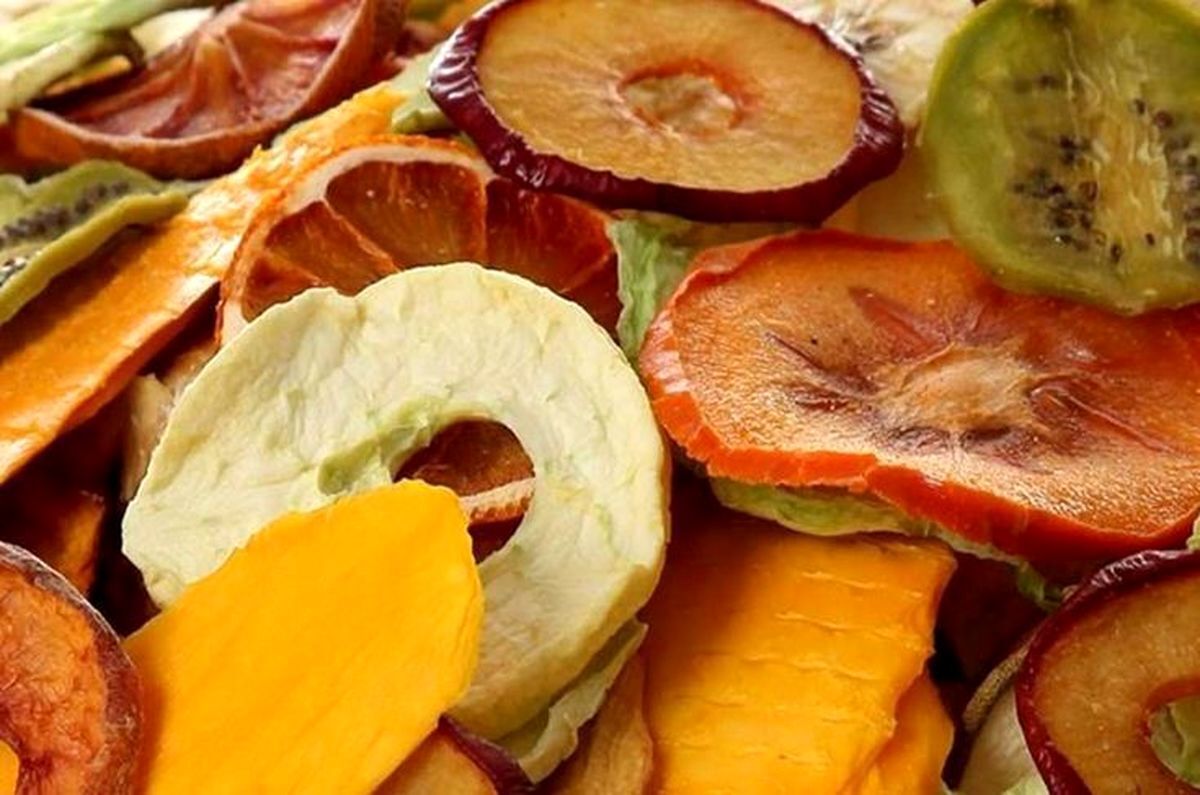
Dried Fruits
2. Health Considerations
Organic Dried Fruits:
One of the main reasons people choose organic dried fruits is to avoid exposure to chemical residues. While the level of pesticides on conventional dried fruits is generally considered safe for consumption, some individuals prefer to minimize their exposure to these chemicals.
- Fewer chemicals: Organic dried fruits are free from synthetic pesticides, herbicides, and fungicides. This makes them a cleaner option for those who are concerned about chemical residues in their food.
- No preservatives: Many organic dried fruits are free from sulfur dioxide, a preservative commonly used to maintain the color of non-organic dried fruits like apricots. Sulfur dioxide can cause allergic reactions in sensitive individuals, especially those with asthma.
- Higher nutrient content: Some studies suggest that organically grown fruits may have slightly higher levels of certain nutrients, such as antioxidants, although the difference is generally small.
Non-Organic Dried Fruits:
While non-organic dried fruits may contain traces of pesticides, they are generally considered safe for consumption according to most health guidelines. The use of preservatives like sulfur dioxide is common, and while safe for most people, it can cause adverse reactions in sensitive individuals.
- Sulfur dioxide: Used to preserve color in fruits like apricots and raisins, sulfur dioxide can cause respiratory issues in some people, especially those with asthma.
- Chemical residues: Though conventional dried fruits may have chemical residues from pesticides, the levels are typically low and considered safe for most consumers under government regulations.
3. Taste and Appearance
Organic Dried Fruits:
Organic dried fruits may not always look as vibrant as their non-organic counterparts. For instance, organic apricots tend to be a darker, brownish-orange color, as opposed to the bright orange seen in non-organic apricots treated with sulfur dioxide. The natural drying process can result in a slightly less uniform appearance, but the taste remains rich and flavorful.
- Natural appearance: Organic dried fruits often have a more natural, earthy appearance due to the absence of preservatives.
- Authentic flavor: Many people find that organic dried fruits have a more intense and natural fruit flavor, as they are not treated with chemicals.
Non-Organic Dried Fruits:
Non-organic dried fruits often look more visually appealing because of the use of preservatives. These preservatives help maintain a bright, vibrant color and give the fruit a softer texture. However, the flavor may be altered slightly due to the added chemicals.
- Bright colors: Non-organic dried fruits often look more appealing because of the preservatives used to retain their color.
- Consistent texture: Non-organic dried fruits may have a more uniform texture, but their flavor can sometimes be less intense due to the drying process and additives.
4. Environmental Impact
Organic Dried Fruits:
Organic farming methods are generally better for the environment. Organic farming emphasizes sustainable practices, such as crop rotation, composting, and biological pest control, all of which promote soil health and reduce pollution.
- Reduced pesticide runoff: Since organic farming doesn’t rely on synthetic pesticides, it reduces the amount of chemical runoff that can contaminate water supplies.
- Biodiversity: Organic farming practices often support greater biodiversity, which is essential for maintaining a healthy ecosystem.
- Soil health: Organic farms typically use natural compost and manure to improve soil fertility, which helps maintain soil health over the long term.
Non-Organic Dried Fruits:
Non-organic farming methods, while efficient, often have a larger environmental footprint. The use of synthetic fertilizers and pesticides can lead to soil degradation, water pollution, and a reduction in biodiversity.
- Higher yields, but at a cost: Conventional farming can produce higher yields, but the heavy reliance on synthetic chemicals can harm the surrounding environment.
- Soil degradation: The long-term use of synthetic fertilizers and pesticides can reduce soil quality, making it harder for crops to thrive without chemicals.
5. Cost
Organic Dried Fruits:
Organic dried fruits are typically more expensive than their non-organic counterparts due to the labor-intensive farming methods and lower yields associated with organic farming. However, many consumers are willing to pay the premium for the perceived health and environmental benefits.
- Higher cost: Organic dried fruits can be 20-50% more expensive, but many people consider it a worthwhile investment for their health and the environment.
Non-Organic Dried Fruits:
Non-organic dried fruits are usually more affordable due to the use of conventional farming techniques, which are designed to maximize efficiency and reduce costs.
- Lower cost: Non-organic dried fruits are typically cheaper, making them more accessible to a wider range of consumers.
6. Which One is Better?
The answer to whether organic or non-organic dried fruits are better depends on your priorities:
- If health is your primary concern, especially if you want to avoid exposure to chemicals and preservatives, then organic dried fruits may be the better choice. Organic dried fruits offer a cleaner option, free from synthetic pesticides and additives like sulfur dioxide.
- If cost and convenience are your main priorities, non-organic dried fruits provide an affordable and readily available option. They are generally safe for consumption and widely accessible in stores.
- If environmental sustainability is important to you, organic dried fruits are the more eco-friendly choice. By supporting organic farming, you are helping reduce pesticide use and promote sustainable agricultural practices.
Conclusion
Both organic and non-organic dried fruits offer their own set of benefits, and the choice ultimately comes down to personal preference. Organic dried fruits are cleaner and more environmentally friendly, but they tend to be more expensive. Non-organic dried fruits are more affordable and often have a longer shelf life due to preservatives, but they may contain synthetic chemicals.
For those who are health-conscious or environmentally focused, organic dried fruits may be worth the extra cost. However, for those looking for a convenient, budget-friendly snack, non-organic dried fruits are still a nutritious option.

